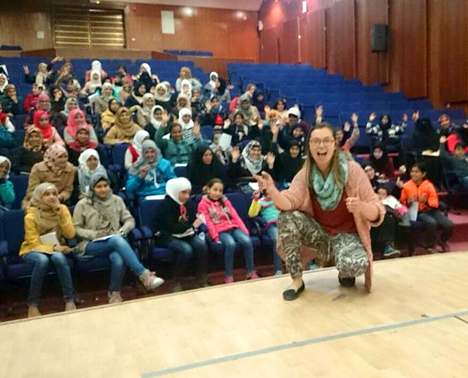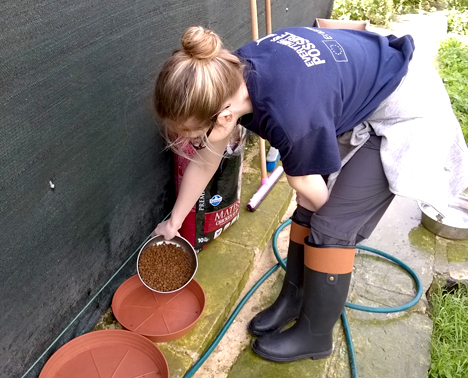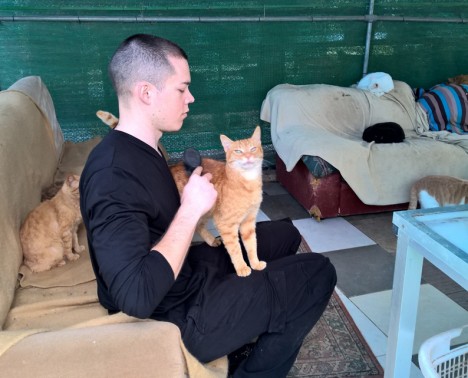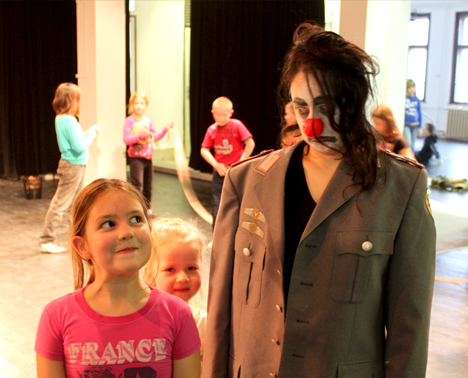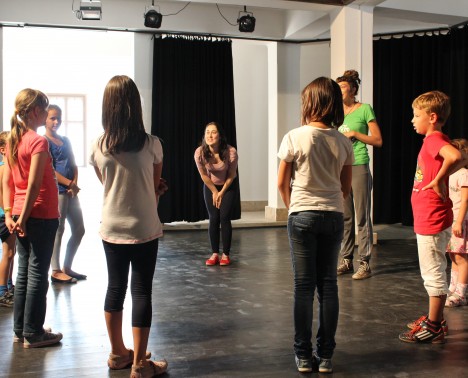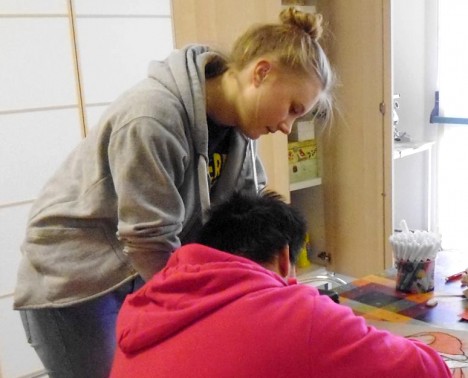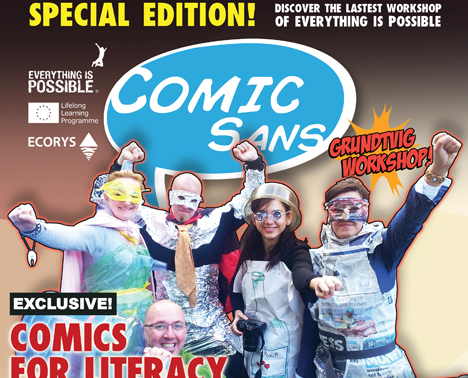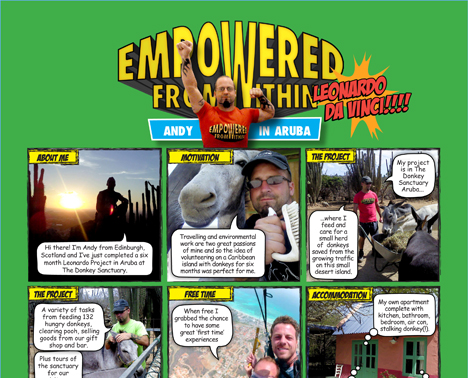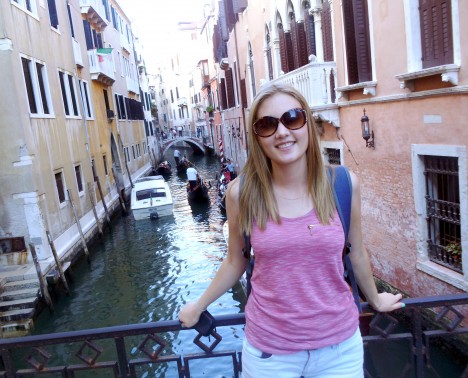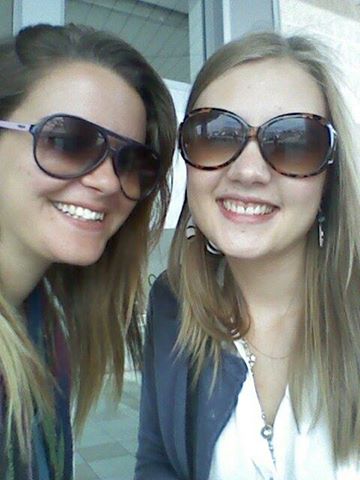I, like my peers, grew up speaking English. It flowed from us as one would expect a plant to bloom. There is an inevitably and valueless nature to its presence in our lives. Why be grateful for salt, when everyone has it, or at least should? I have never before considered the price of salt, nor have I my mother tongue. I grew to manipulate, disregard and chide my language; like one may treat a dog that will always come back and always be yours, collecting slang and dropping letters. But travelling on the EVS (European Voluntary Service), and more significantly teaching English, has changed that perception.
To begin with, every human I meet is expected to speak some, if more, English. Expected to aid and communicate with me effectively in my mother tongue, apologising, often profusely when, in its native home, a person has to rely on their own language. Every International, expected to converse with me expertly in my language, and it seems, with one another. No effort is expected on my part, for I have a British tongue in my head. Perhaps not even gratitude, for it is my right to call over a taxi and say, “Do you speak English?”, because surely they must.
The inequalities were more startling once I became more familiar with the value of my language to others in their lives. Because of the ever increasing importance of industry, tourism and non-profit organisations, English has become the key to improving and elongating one’s career. Speaking eloquent Arabic and being good at your job is not enough. English is the key to the door between cleaner and manager, between a handful of bleach and money. Britain complains consistently that foreigners are coming over and taking our jobs, but what we cannot see beyond the White Cliffs is that our influence, archaic and imperialistic though it may be, and language is taking foreigner’s jobs. Stifling and restricting them, forcing them to engage in an alien language in their own country.
So thus, we have a gift we did not thank anyone for which is life changing to others, gained by the Great British imperialistic march (arguably, the American influence in the global economy is a significant contributor to the power of English, but one cannot deny where their language stems from either). And suddenly, it is a currency. My mother tongue is worth at least £10 an hour, a gun for hire for those desperate to engage in a foreign industry that stifles their progress. Our ill-begotten gains are still a valuable source of income for us and a yoke across the shoulders of other nationalities.
One of my adult pupils has a motivation and determination that rivals that of British children, crouched behind the bike sheds, hoping to avoid yet more obligatory education. She has never missed a lesson, never missed a note, never failed to thank me as she leaves. When she first entered my class, she neither had the confidence or the ability to string two words together in English. Last week, for the prize of a Snicker (yeah, I know, serious stuff) she retold in English the (also Arabic) story of Red Riding Hood. There were mistakes, there were stumbles, there was the shaking of hands as I placed her on that stage, but she did it. Off her own back, she told a story in English, in entire past continuous tense. She steeled herself against insecurities, fears and linguistic challenges, to do something that left this fluent speaker…speechless.
So there we have it, some gifts are priceless. It just took me 23 years to realise that.
Katie Williams, EVS (European Voluntary Service) volunteer
Click here to visit, Katie’s original article.
European Voluntary Service (EVS) project supported by the Erasmus+ programme of the European Commission.
